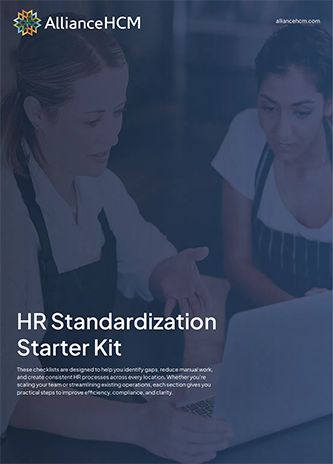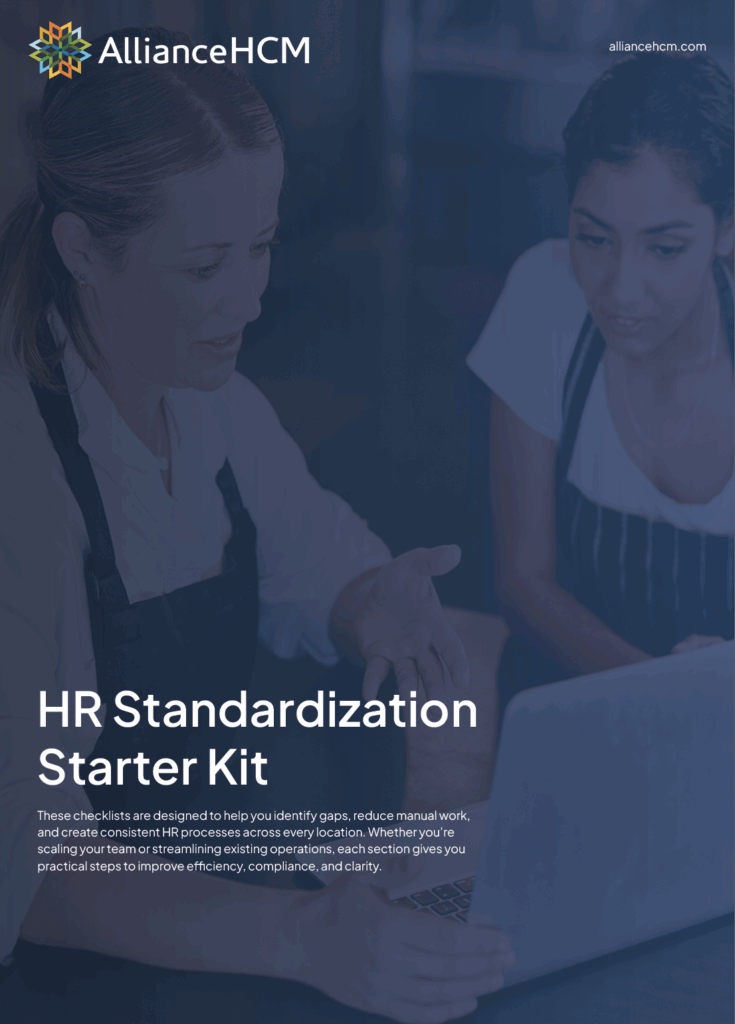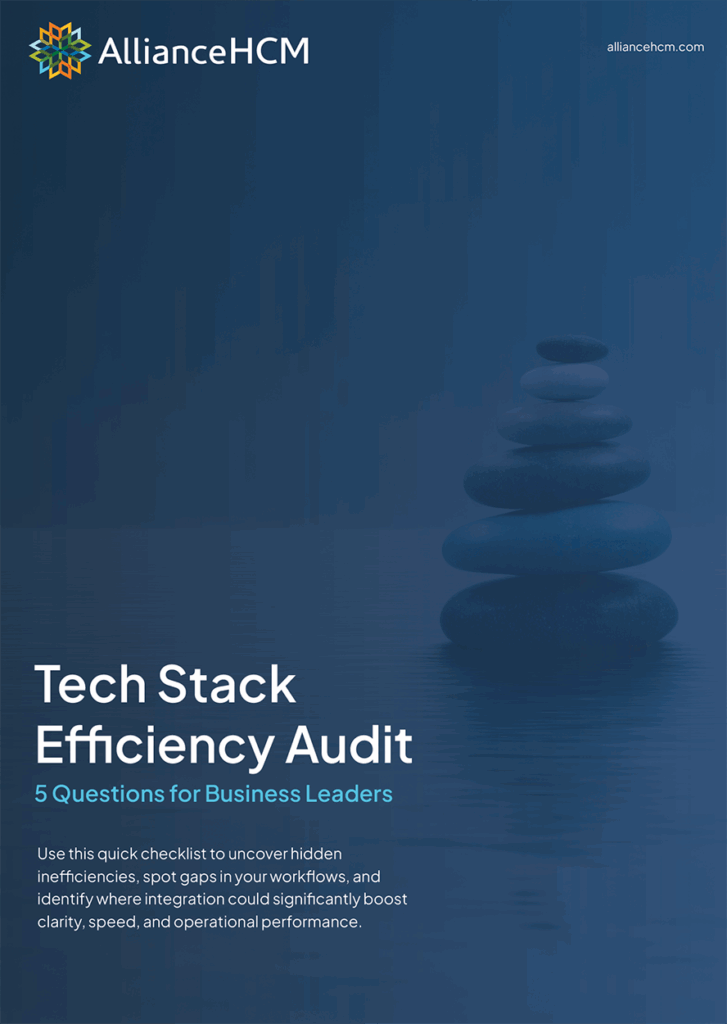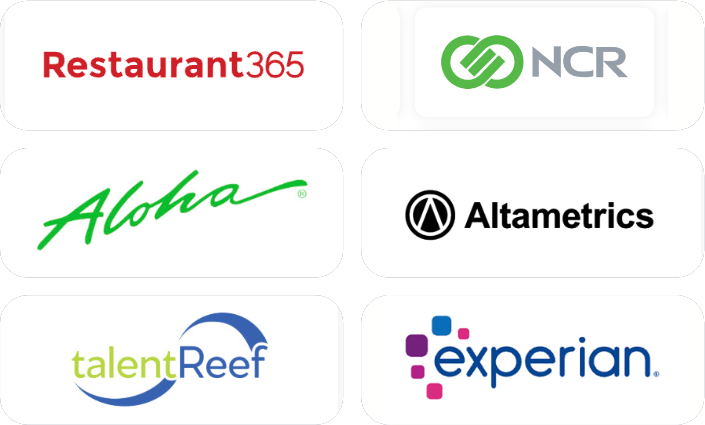The future of human capital management (HCM) puts a heavier emphasis on employee satisfaction driving results. As businesses adapt to evolving landscapes, embrace technological advancements, and navigate changing workforce dynamics, CFOs must stay ahead. Post-pandemic disruptions and emerging technologies have left the door open for the future of HCM.
Here are some key trends that will shape the future of human capital management and its potential impact on businesses:
Artificial intelligence in the hiring process
The future of HCM systems for talent acquisition involves the integration of artificial intelligence (AI). These advanced technologies are set to revolutionize how organizations predict employee attrition and optimize talent acquisition.
By automating processes and utilizing trainable tech models, the future of HCM systems will help HR teams efficiently identify the best-fit candidates for each role, weeding out unfit applicants along the way.
Long-term employee experiences
Acquiring talent means nothing if you can keep them. CFOs must prepare for a major shift in how companies approach employee experience. A holistic employee experience can help you detect burnout, tension in the workplace, and dissatisfaction with work conditions. Employees also want better benefit packages to improve their work-life balance.
Prioritize seamless onboarding, continuous learning, and performance analytics to ensure employees have a fulfilling and productive journey with your company. No more disjointed processes or outdated systems—it’s time for a comprehensive approach that maximizes engagement and success at every stage.
Remote work and flexible hours
As remote work becomes the norm, organizations must adapt their HCM systems accordingly. HCM systems must now prioritize effectively managing remote employees, time, and attendance, ensuring their engagement and productivity remain on par with their in-office counterparts.
The need for seamless communication, collaboration, and performance tracking has never been more critical. HCM systems are rising to the challenge and provide robust solutions that enable organizations to maximize the potential of their remote workforce.

Enhanced security and compliance
Protecting employee data is not just a matter of importance but an absolute necessity. With cloud-based infrastructure dominating digital transformation, the risk of data breaches looms large, and the financial penalties that can follow are substantial.
Regulatory compliance with local and federal laws is something to keep in mind as they change to accommodate the shifting work environment. CFOs must take a keen interest in ensuring the security and privacy of employee information. Ignoring this critical aspect could have dire consequences for the company’s bottom line and reputation.
Personalized experiences for employees
The future of human capital management is in the hands of employees. Employees need to be able to voice their opinions about the workplace and know their voices are heard. Engagement tools and collaborative software can help CFOS provide environments that make workplace experiences better for each individual.
A satisfied workforce is a more productive one. A one-size-fits-all approach won’t work anymore. Employees deserve a system that understands their unique needs, preferences, and aspirations.
Why is it important for CFOs to prepare for the future?
The future of HCM technology must accommodate the growing need for flexibility, remote working, personal fulfillment in the workplace, and improved performance. With the rising adoption of digital technologies in businesses, HCM software and processes will keep up. This means companies will need to allocate budgets for new HCM platforms, training programs, and tools—all within the purview of a CFO.
Without planning for the future of human capital management, CFOs put businesses at risk of:
- Losing employees to competitors
- Yielding dismal ROI in productivity from employees
- Stagnating the growth potential of employees without proper training
- Non-compliance with labor laws
- Not adjusting to workplace dynamics like remote working and flexible schedules that can save resources
How can CFOs leverage technology to improve HCM in their organizations?
The future of HCM technology will use data to provide actionable insights to CFOs. CFOs can easily understand workforce trends and patterns with the help of data visualization tools. This can allow CFOs to:
- Make better workforce plans
- Improve budget allocations
- Improve resource management
- Implement payroll management
- Forecast future hiring needs
- Optimize talent allocation
- Avoiding turnover
- Automate tedious data entry and manual hours
What skills should CFOs develop to effectively lead HCM initiatives?
CFOs need to be tuned to the demands of the workforce to lead the future of human capital management from the front. They need strong critical thinking skills and strategic thinking for long-term investments.
The future of HCM systems is underpinned by technology, but technology is only as good as those who use it. Communication and data analytics skills will allow CFOs to use the data provided by HCM solutions for performance management.
Future-proof your HCM practices
Don’t let your organization fall behind. AllianceHCM is a comprehensive, easy-to-use human capital management platform for your business to propel itself forward and support employees.





